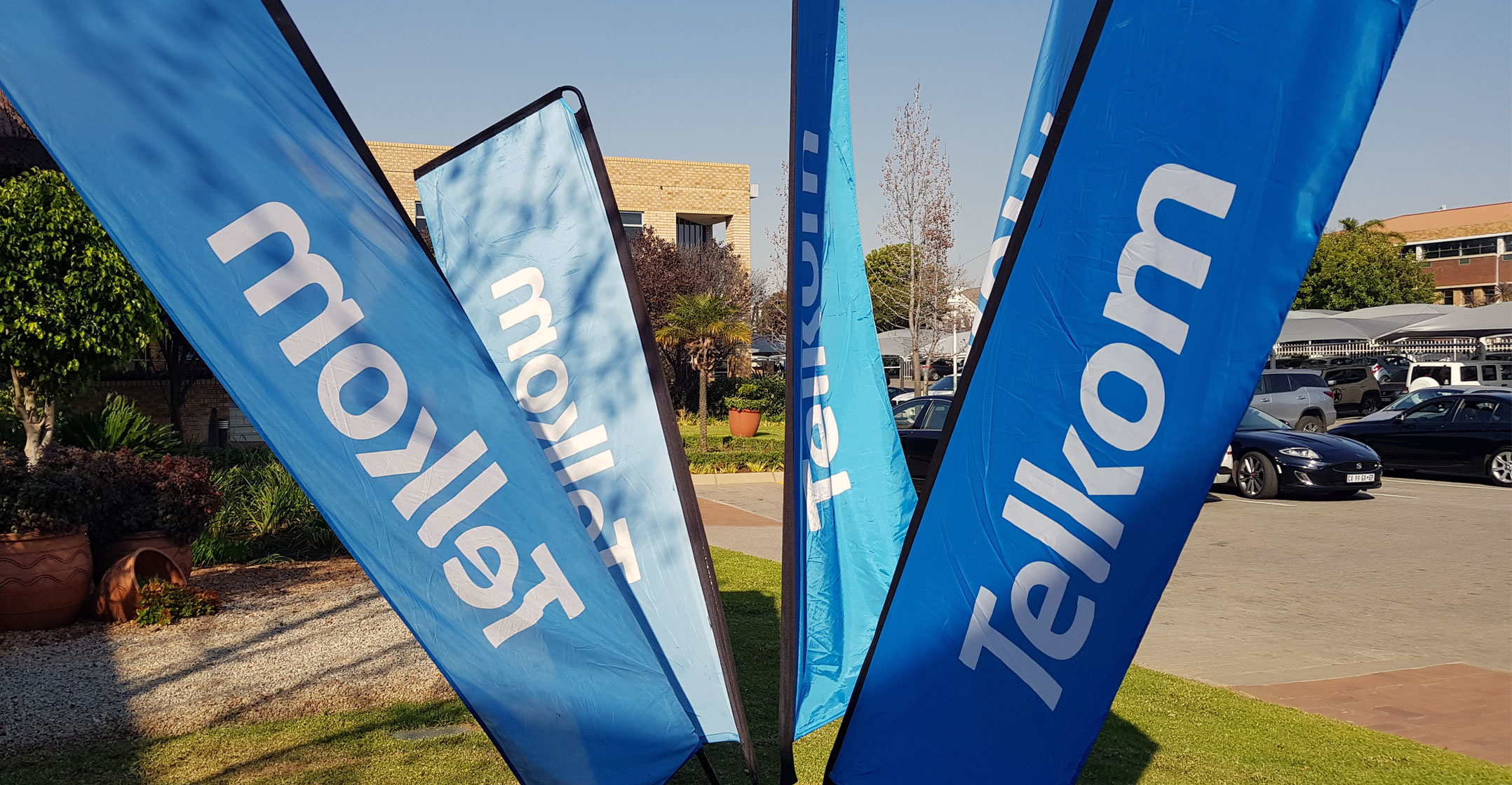
[dropcap]T[/dropcap]elkom has for the first time disclosed the number of subscribers on its FreeMe data-focused contract packages.
In its annual report, published on Tuesday, the operator said that of its post-paid subscribers, 13% use FreeMe, of which 79% are new customers.
FreeMe was launched in July 2016, which means it has only been available for nine months in its last financial year. FreeMe Family — which allows for a single plan to be shared among multiple users — was launched in February 2017, towards the end of the period.
The total number of post-paid subscribers as at 31 March was 1.227m, out of a total mobile base of 3.999m. This means that just shy of 160 000 (contract) customers are on FreeMe.
This in itself is not a significant amount, but the fact that eight out of every 10 new customers who do so are new to the operator is critical.
In other words, 126 000 post-paid subscribers are new to the network since the launch of FreeMe. This equates to nearly 40% of the 433 000 new contract customers added in the year.
The bulk of the remainder is surely on its data-only Sim contracts (using dongles/routers).
FreeMe is driving subscriber growth in Telkom’s contract base, and is helping stabilise average revenue per user (Arpu). The group says post-paid “Arpu of R181 was supported by FreeMe”. This is flat from the previous year (R181.41 vs R181.69), which gives some idea of how the data-only-plus-dongle contracts are driving down Arpu in that base.
Headcount
Group headcount continues to decline, arguably one of Sipho Maseko’s biggest achievements since he took over as group CEO. At that time (April 2013), Telkom had 21209 employees. It’s been on a steady downward path, with the total in the Telkom company now at 10 743. This is 22% lower than the prior year, but was impacted by the transfer of 1 180 employees (from its Enterprise and data centre units) to BCX.
Without this, however, there was still a 13% drop. Telkom says this is due to “the effect of the voluntary early retirement package and voluntary severance packages offered”. Total group headcount was reduced from 20 341 to 18 847.

The group cut its electricity consumption by close to 10% in the year, from 679.5m kilowatt hours (kWh) to 619.3m kWh. This is a significant decrease, given that the FY2015 total was 677.5m kWh, with FY2014 at 657m kWh.
Telkom says the 9% decrease in carbon emissions from the prior year is primarily attributed to:
- The implementation of 50 smart meters to measure electricity consumption in key buildings, which resulted in more accurate and reliable data, and improved calculation methodologies;
- The roll-out of the energy-efficient light-emitting diode (LED) lighting initiative which replaced conventional lighting systems in 900 buildings nationally, with sustainable lighting based on LED technology; and
- The implementation of a building management system at the campus. This automation system monitors and controls multiple facilities elements, including air conditioning, power distribution, lighting and water usage. This results in more efficient operation of our buildings, and reduced energy and water consumption.
In the year, a 3MW grid-tied solar photo-voltaic (PV) plant at its head office campus became fully operational. The company says that since then the R88m plant has generated 3.7GWh, adding that this equates to 90% of daytime energy demand on campus (excluding the data centre).
The Telkom fixed-line business is now 28% (R9bn) of the group’s total net operating revenue. By comparison, BCX is nearly double the size, at R16.6bn. Its mobile unit generated R2bn in revenue in FY2017, while the wholesale division (Openserve) booked R3.8bn in net operating revenue (from external customers).
- Hilton Tarrant works at immedia
- This article was first published on Moneyweb and is used here with permission




